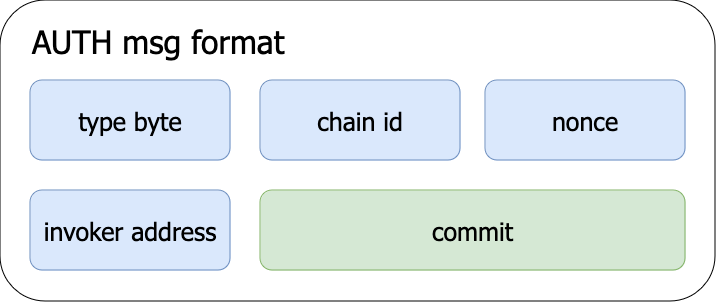
How to get URL link on X (Twitter) App



 EOF is comprised of several EIPs. Although they aren't "all or nothing", we're considering them as an entire set. The EIPs are:
EOF is comprised of several EIPs. Although they aren't "all or nothing", we're considering them as an entire set. The EIPs are:


 These categories can be deduced by working backwards from the types of accounts available today, and the functionality each of them provide.
These categories can be deduced by working backwards from the types of accounts available today, and the functionality each of them provide. 


 Anyone whose nonce is greater than ten has likely experienced the approve+transfer flow that defi applications use to interact with ERC-20 tokens. The approve method is a relic of the original ERC-20 design.
Anyone whose nonce is greater than ten has likely experienced the approve+transfer flow that defi applications use to interact with ERC-20 tokens. The approve method is a relic of the original ERC-20 design.


 The "all" object is a mapping of the transaction's hash to the actual transaction object on the heap. It is the canonical source of transactions in the mempool and is used to build (and rebuild) the "priced" object.
The "all" object is a mapping of the transaction's hash to the actual transaction object on the heap. It is the canonical source of transactions in the mempool and is used to build (and rebuild) the "priced" object.
